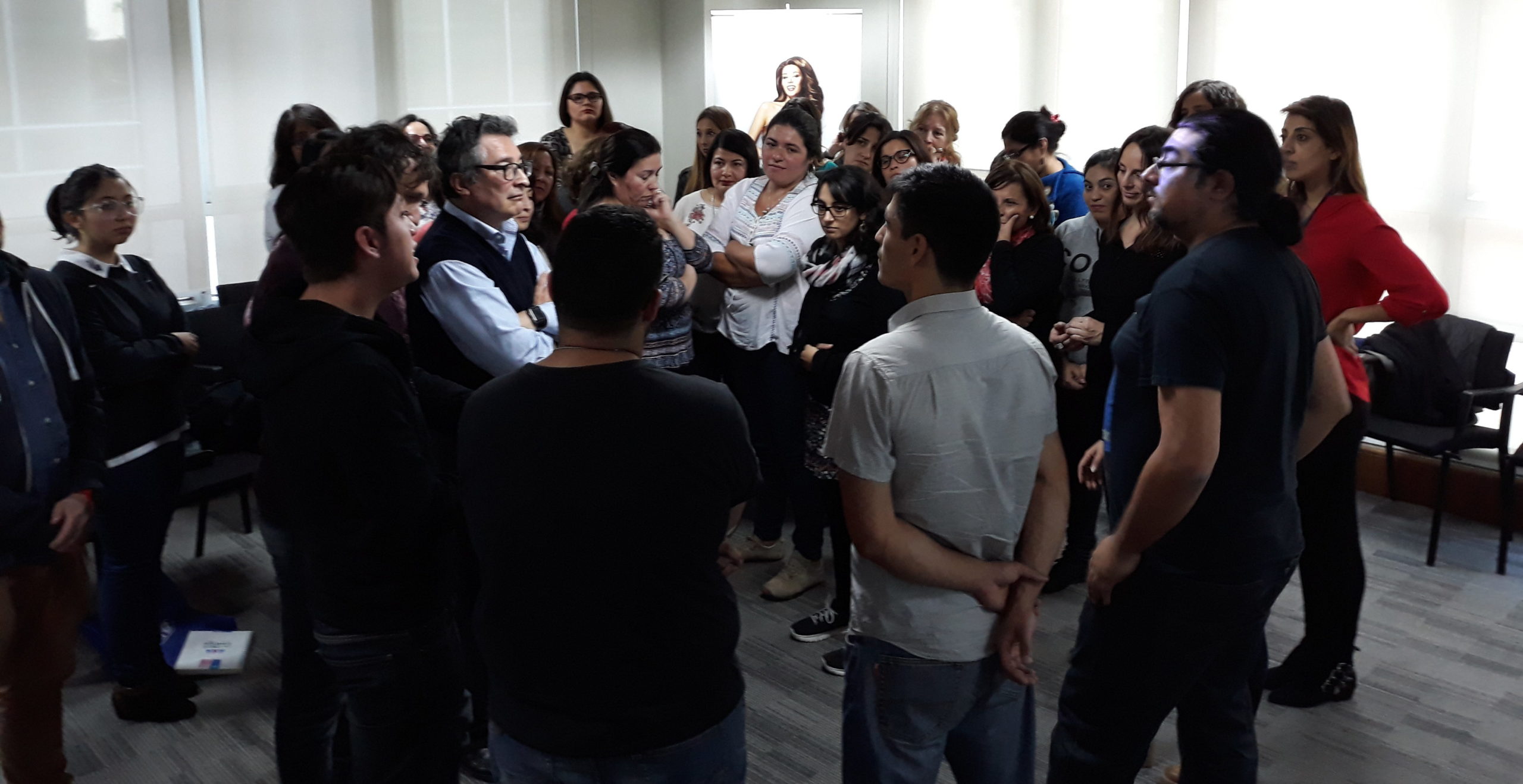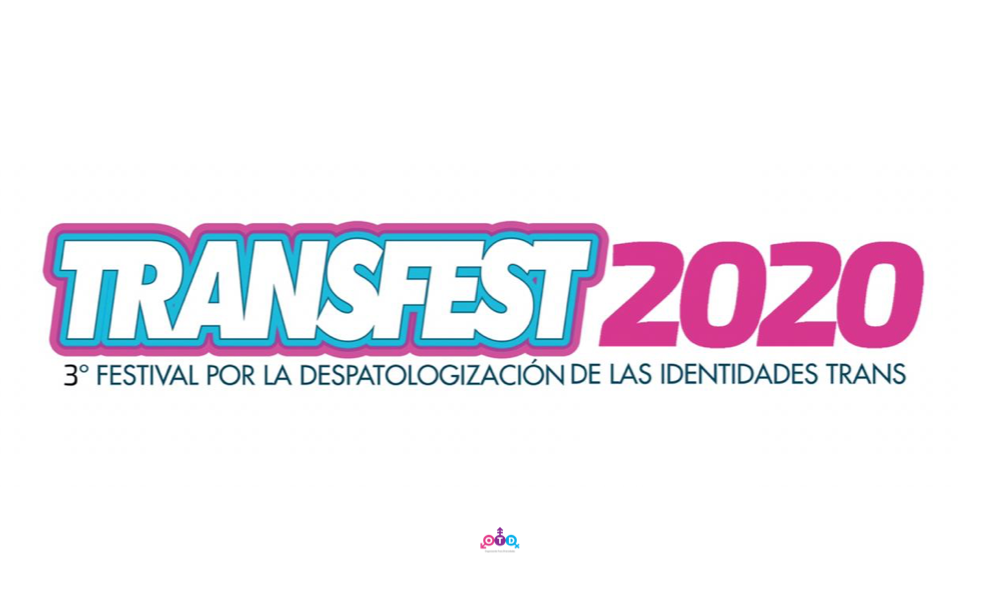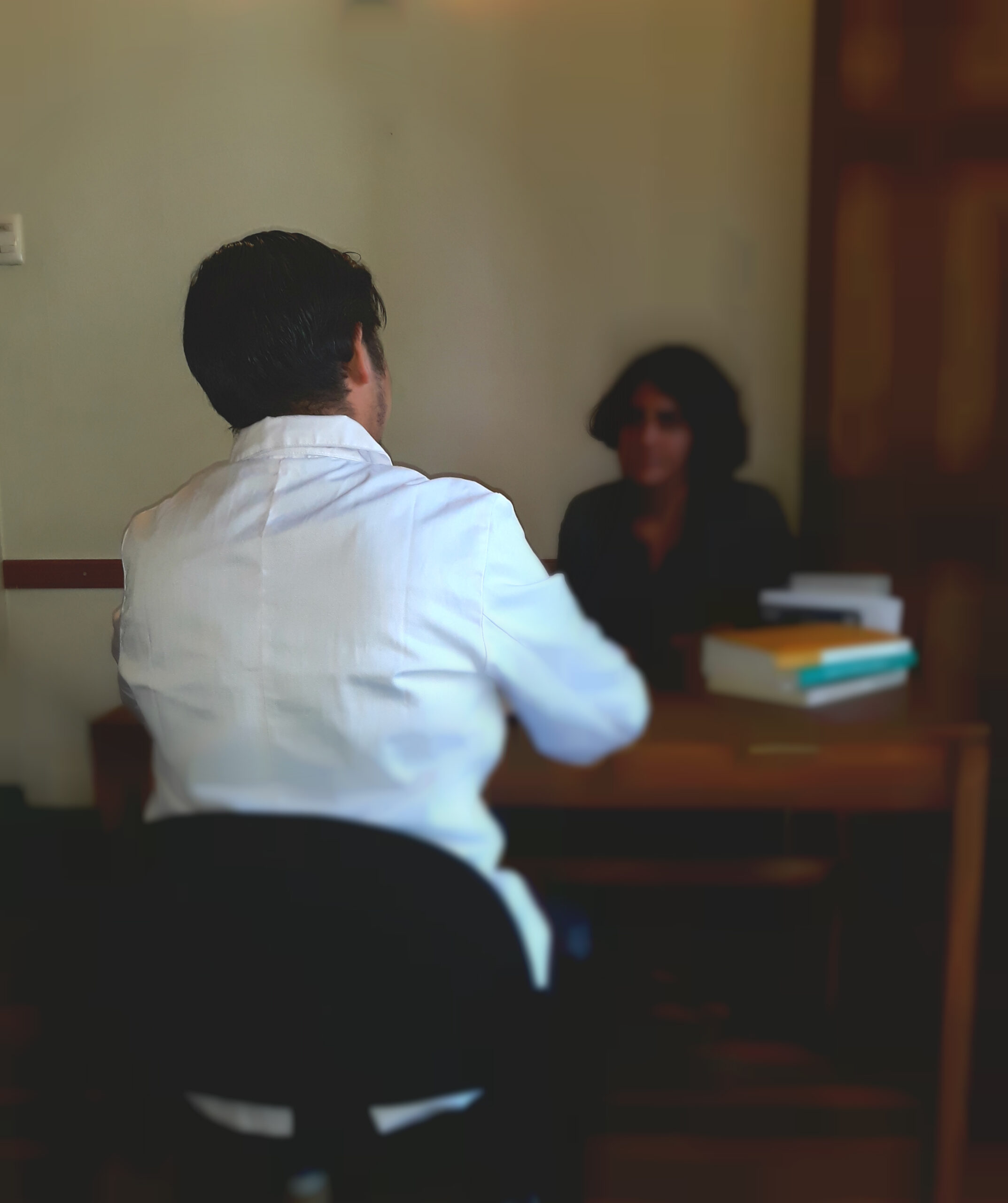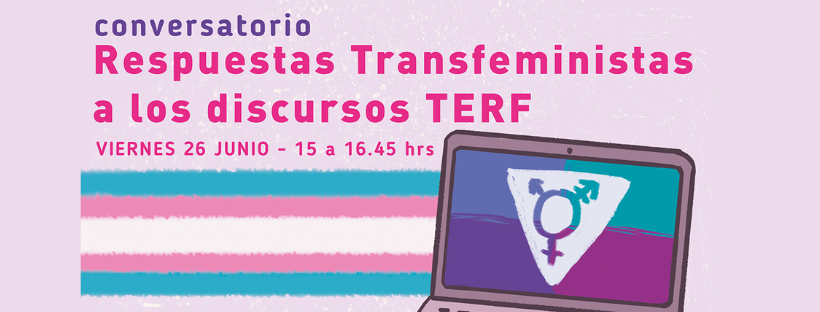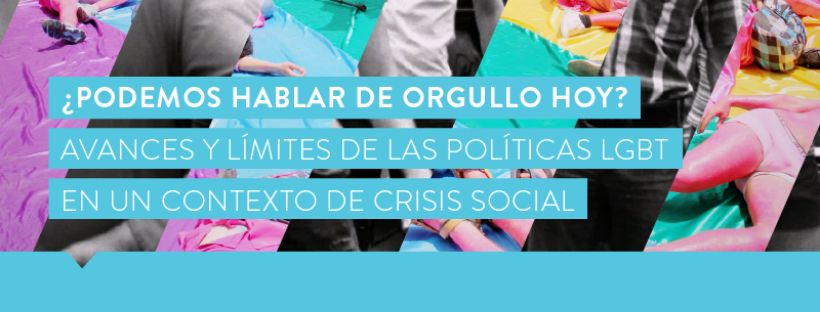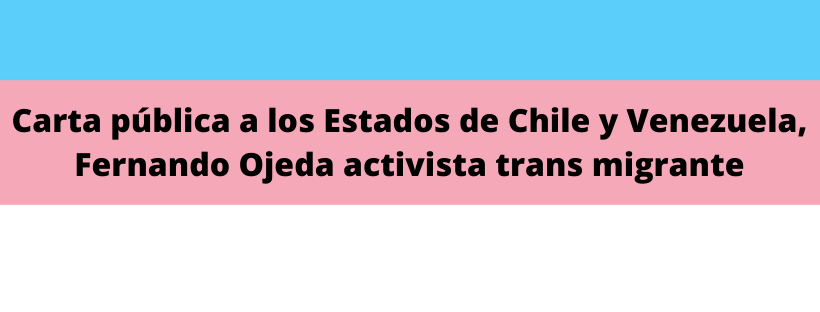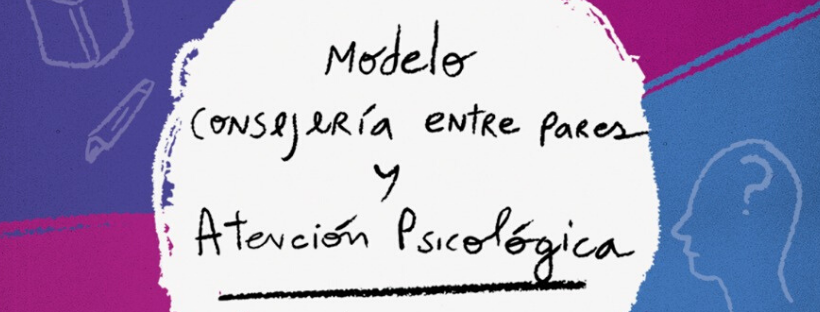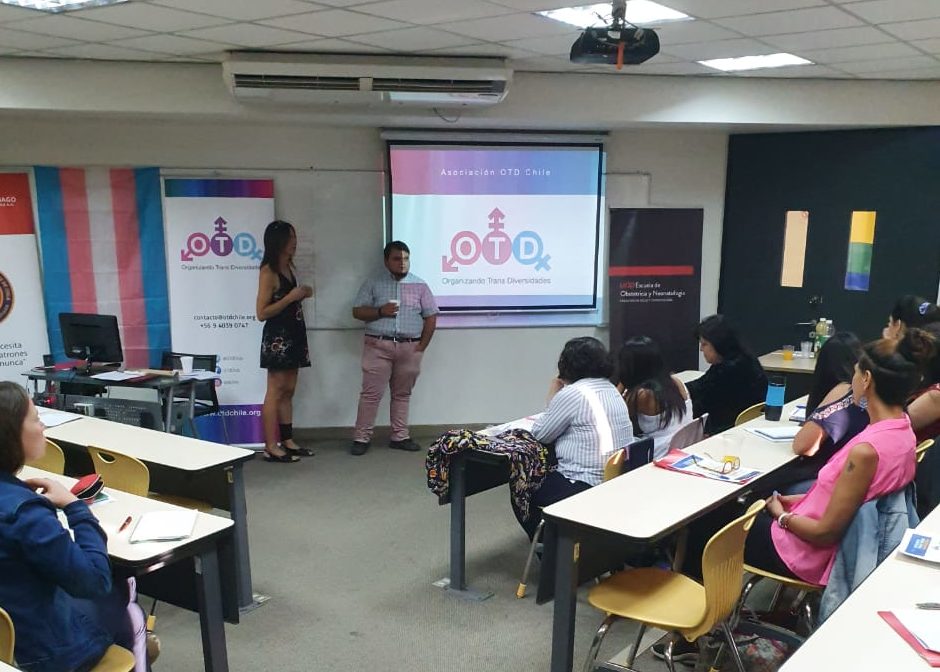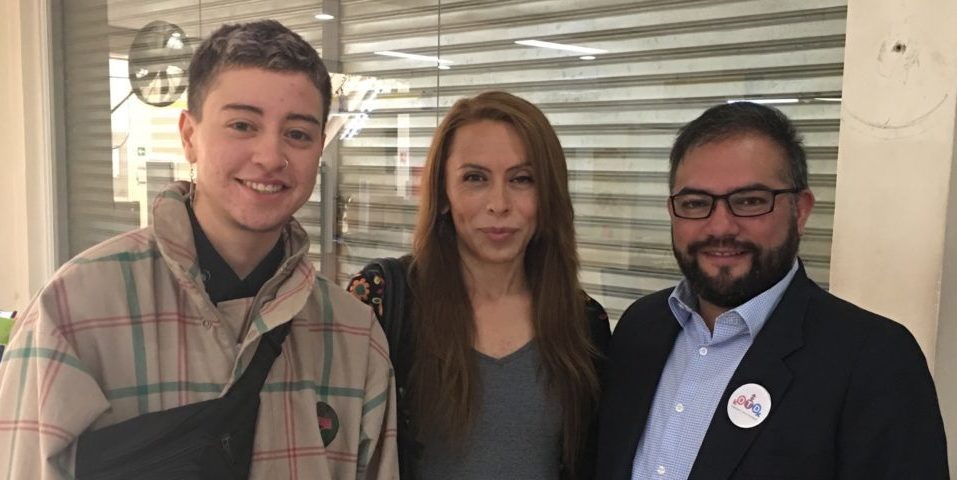In 2017 OTD Chile and the Central Metropolitan Health Service (CMHS) a working group create a new protocol of attention for trans persons, besides trainings of personnel on gender identity and diversity.
The document produced by professionals from the Directorate of the Health Service, the hospitals El Carmen and San Borja Arriarán, together with OTD Chile and trans sex workers ‘ Union Amanda Jofré, aims to generate a networked care protocol to organize the attentions that are currently being made, favoring the access to the trans users.
Although it is still under construction, it is expected to be completed in 2019. OTD Chile have contributed in an important way in the construction of this document, which it was valued by the gender referent of the Service, the psychologist Claudia González Guíñez. “OTD’s observations were essential, as they contributed to us rather in the conceptual and in the reinforcement of the non-binary gaze,” she said.
The head of health of OTD Chile, Leonel Toni, evaluates the work of the Bureau well, although it has been weakened by the changes of direction of the new government. “OTD was the promoter of this Bureau, but it was summoned mainly for training spaces and not for spaces of incidence in the protocol itself, since a medical commission was created in which OTD was registered but it was never invited and only internal meetings were made. However, it was established a draft protocol that was sent to make suggestions, which maintained a language and pathologizing requirements, which were limited under the guideline of the association, “he said.
“We are currently waiting for a new diagnosis of trans benefits in the service, and then resume work, which leaves the panorama a bit uncertain , but still remains the will and struggle for that together with the person in charge of gender and we conduct this protocol” he said.
Another line of work has been the training for the staff of the Service, in charge of the education unit of OTD, OTEDUCA. The first was carried out in May to 35 primary care professionals, including psychologists and midwives. In August, others 35 secondary health professionals, especially psychosocial teams, formed by social workers, physicians, psychologists, occupational therapists and technicians, were added for the first time to this line of Professional and technical training of the Metropolitan SAMU (Mobile Emergency Care Service).
“The first days were very well evaluated, especially by the expository and experiential methodology used by OTD, which is what most mobilizes all participants,” said Claudia.
For the future is expected make progress in training only for SAMU staff to ensure the implementation of the Circular 21 of the Ministry of Health on trans person care.
Translated by: Javiera Saavedra R.
